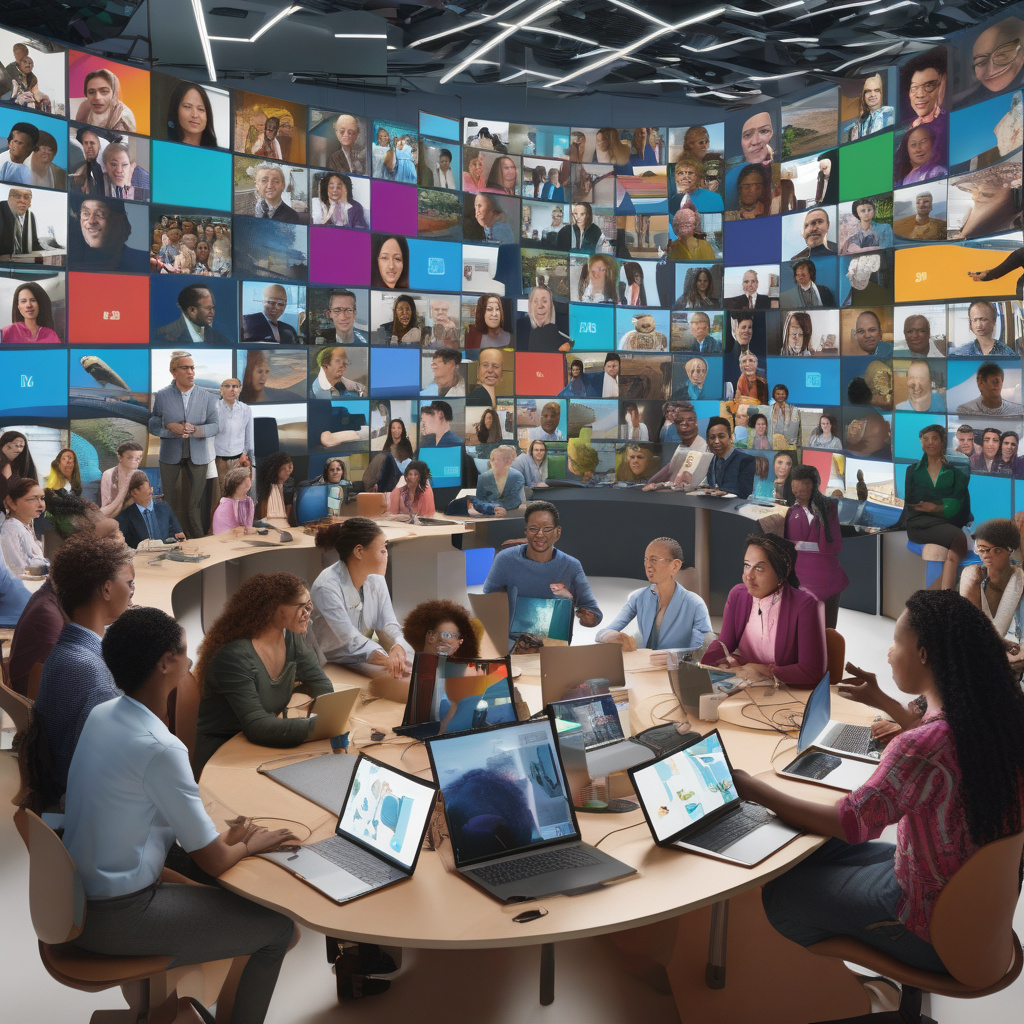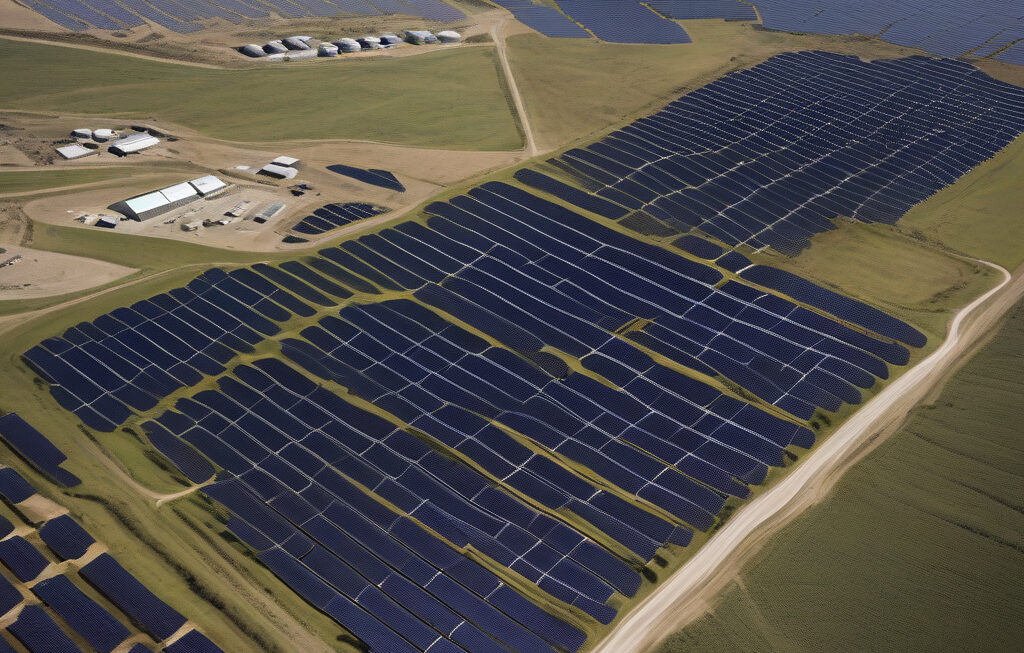Two Decades On, WSIS+20 Sets Course for Inclusive Digital Future
As the world grapples with the promises and perils of a rapidly evolving digital landscape, global leaders convened in Geneva to chart a course that leaves no one behind. The World Summit on the Information Society, also known as WSIS, celebrated its 20th anniversary by reaffirming its commitment to shaping an inclusive digital future for all.
Since its inception in 2001, WSIS has been at the forefront of efforts to bridge the digital divide and harness the power of technology for sustainable development. Over the past two decades, the summit has served as a platform for governments, civil society organizations, and private sector stakeholders to collaborate on addressing the challenges and opportunities presented by the digital revolution.
One of the key themes of WSIS+20 was the need to ensure that the benefits of digitalization are equitably distributed across all segments of society. As technology continues to reshape every aspect of our lives, from education and healthcare to commerce and governance, it is essential that no one is left behind in the digital transformation.
To achieve this goal, participants at WSIS+20 identified a range of priorities, including expanding access to affordable and reliable broadband connectivity, promoting digital skills development, and fostering an enabling policy environment that supports innovation and entrepreneurship. By focusing on these areas, WSIS aims to create a more inclusive digital ecosystem that empowers individuals and communities to thrive in the digital age.
The COVID-19 pandemic has underscored the urgency of addressing digital divides and building resilient digital infrastructure. As lockdowns and social distancing measures forced many activities online, those without access to the internet or digital devices were left at a significant disadvantage. WSIS+20 recognized the need to redouble efforts to close the digital divide and ensure that everyone has the tools and skills to participate fully in the digital economy.
In addition to addressing access and affordability, WSIS+20 also emphasized the importance of promoting digital literacy and cybersecurity awareness. As more aspects of our lives move online, from remote work and learning to telemedicine and e-commerce, it is crucial that individuals are equipped to navigate the digital world safely and securely. By investing in digital skills training and cybersecurity education, WSIS aims to build a more resilient and empowered society in the face of evolving cyber threats.
Looking ahead, WSIS remains committed to advancing the goals of the United Nations’ 2030 Agenda for Sustainable Development, which recognizes the central role of technology in achieving the Sustainable Development Goals. By harnessing the power of digital innovation and collaboration, WSIS seeks to drive progress towards a more equitable, inclusive, and sustainable future for all.
As we reflect on two decades of WSIS and look towards the future, it is clear that the digital landscape will continue to evolve at a rapid pace. By staying true to the principles of inclusivity, empowerment, and cooperation, WSIS is well-positioned to shape a digital future that benefits everyone, regardless of geography, income, or background.
In conclusion, WSIS+20 has set a course for an inclusive digital future that prioritizes equity, access, and empowerment. By bringing together global stakeholders to address the challenges and opportunities of the digital age, WSIS is paving the way for a more just and sustainable world for generations to come.
digital future, WSIS, inclusive, technology, sustainable development












